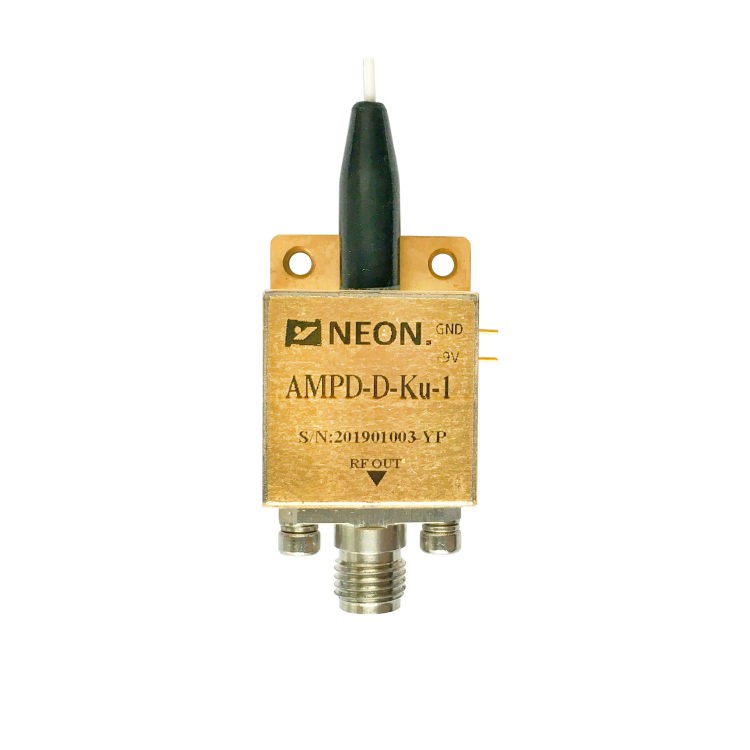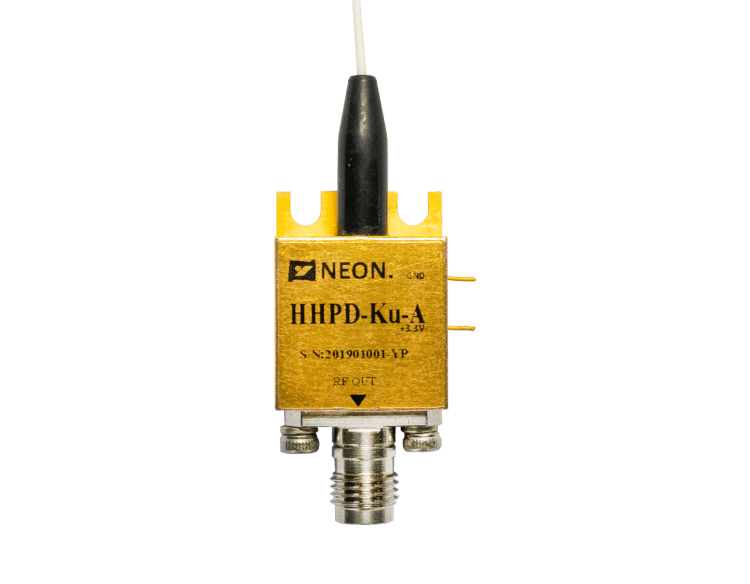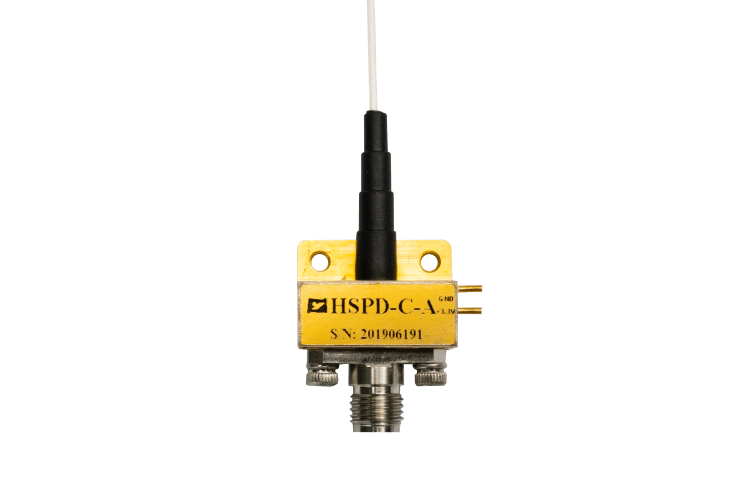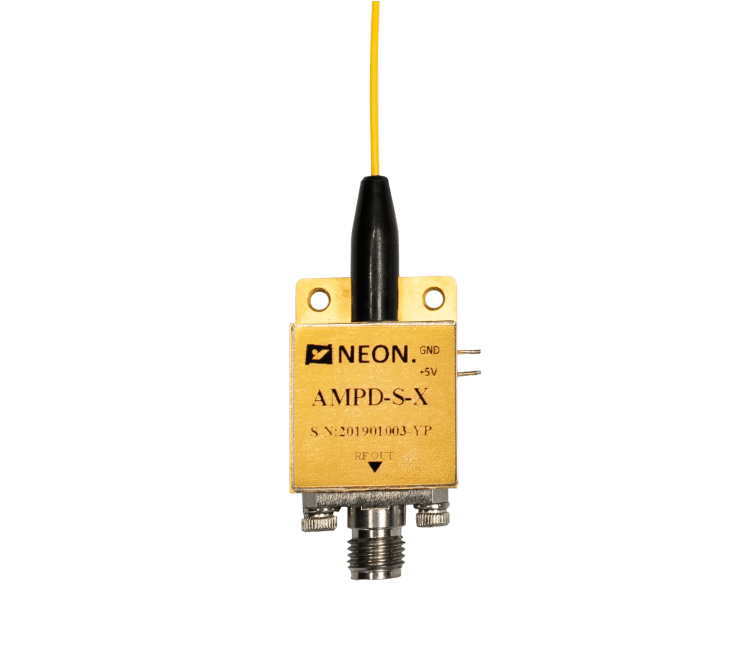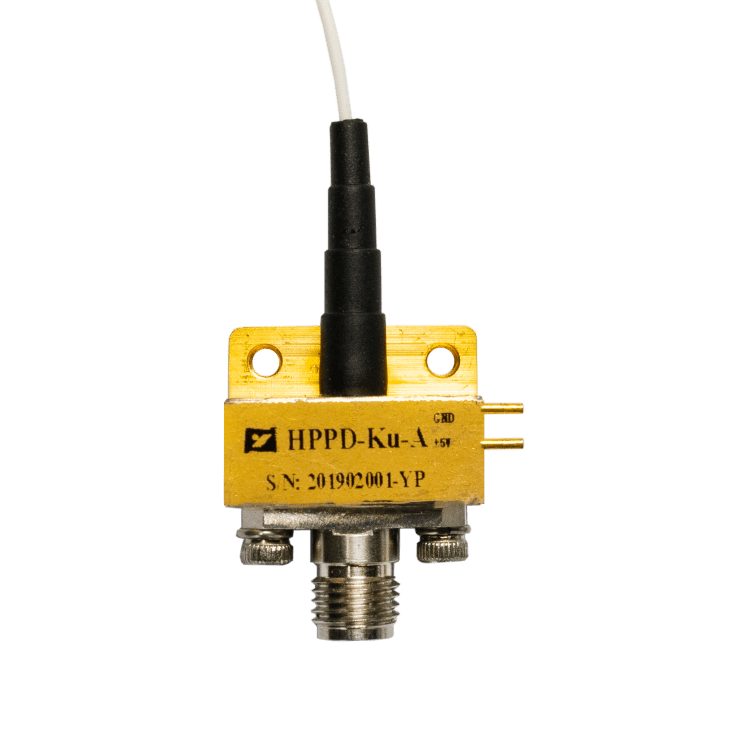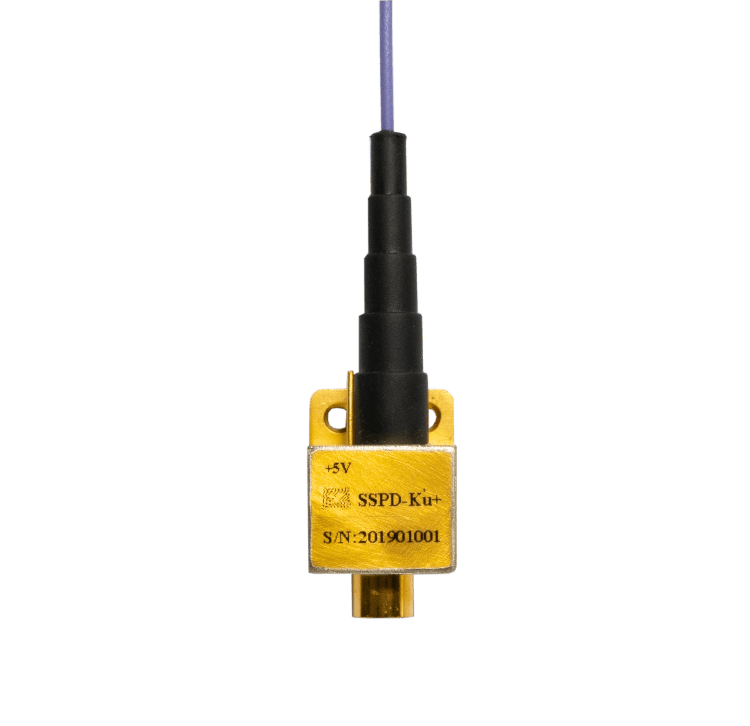What Is the Difference Among Photodetectors, Photoconductive Detectors, and Photovoltaic Detectors?
Photodetectors are devices that convert light energy into electrical signals. They are used in a wide variety of applications, such as fiber optic communication, process control, environmental sensing, safety and security, and defense-related applications.
There are many different types of photodetectors, each with its own unique properties and applications. Some of the most common types of photodetectors include photodiodes, phototransistors, and photomultiplier tubes.
In this article, we will discuss the difference among photodetectors, photoconductive detectors, and photovoltaic detectors. We will also discuss the working principles, sensitivities, speeds, spectral responses, and applications of each type of photodetector.
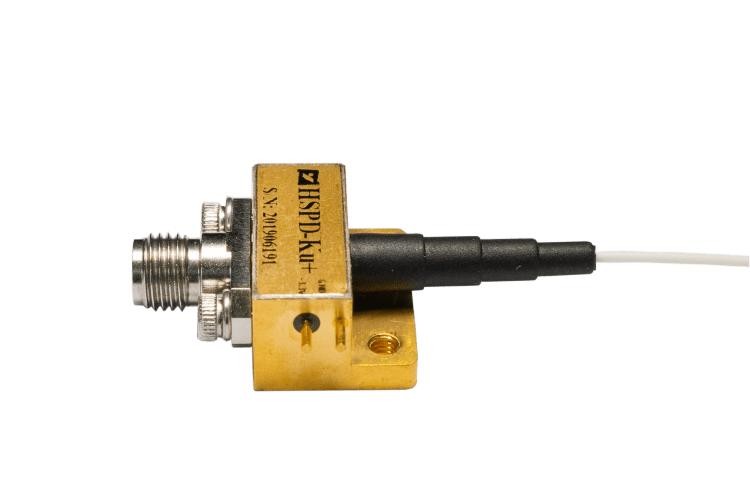
What are photodetectors?
Photodetectors are devices that convert light energy into electrical signals. The specific mechanism by which this happens varies depending on the type of photodetector.
In general, photodetectors work by absorbing photons of light and converting their energy into electrical charge carriers. These charge carriers can then be collected by an electrical circuit, which produces an electrical signal.
The amount of electrical signal produced by a photodetector depends on the intensity of the light that it is exposed to. The more intense the light, the greater the electrical signal.
What are photoconductive detectors?
Photoconductive detectors are a type of photodetector that works by changing its electrical conductivity when exposed to light. When light is absorbed by a photoconductive detector, it creates free electrons and holes in the semiconductor material that the detector is made of. These free electrons and holes increase the electrical conductivity of the detector, which can be measured by an electrical circuit.
Photoconductive detectors are typically more sensitive to light than photovoltaic detectors. However, they are also slower to respond to changes in light intensity.
Photoconductive detectors are often used in applications where sensitivity is important, such as night vision goggles. They are also used in applications where a fast response time is not required, such as light meters and environmental sensors.
What are photovoltaic detectors?
Photovoltaic detectors are a type of photodetector that generates a voltage when exposed to light. The voltage generated by a photovoltaic detector is proportional to the intensity of the light that it is exposed to.
Photovoltaic detectors are typically faster to respond to changes in light intensity than photoconductive detectors. However, they are also less sensitive to light.
Photovoltaic detectors are often used in applications where speed is important, such as solar cells. They are also used in applications where a high sensitivity to light is not required, such as light barriers and level sensors.
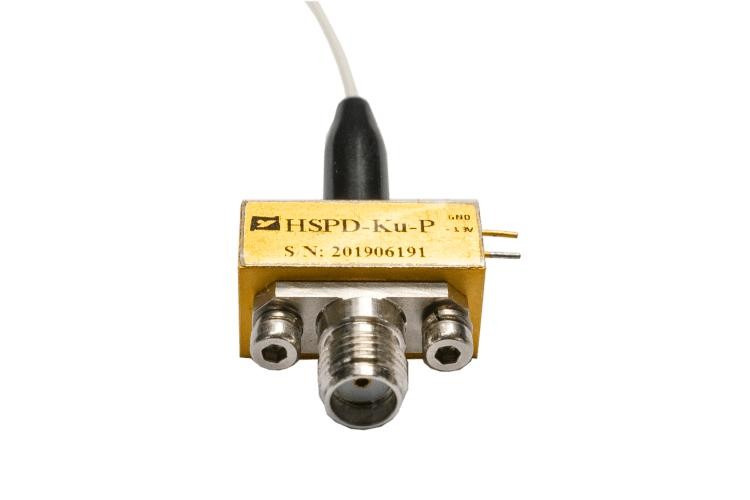
Working principles, sensitivities, speeds, spectral responses, and applications
The working principles, sensitivities, speeds, spectral responses, and applications of photodetectors, photoconductive detectors, and photovoltaic detectors are summarized in the table below:
|
Property |
Photodetectors |
Photoconductive detectors |
Photovoltaic detectors |
|
Working principle |
Converts light energy into electrical signals |
Changes electrical conductivity when exposed to light |
Generates a voltage when exposed to light |
|
Sensitivity |
Less sensitive |
More sensitive |
Less sensitive |
|
Speed |
Slow |
Fast |
Fast |
|
Spectral response |
Wide range of wavelengths |
Narrow range of wavelengths |
Narrow range of wavelengths |
|
Applications |
Fiber optic communication, process control, environmental sensing, safety and security, defense-related applications |
Night vision goggles, light meters, environmental sensors |
Solar cells, light barriers, level sensors |
Conclusion
Photodetectors, photoconductive detectors, and photovoltaic detectors are all devices that convert light energy into electrical signals. They have different working principles, sensitivities, speeds, spectral responses, and applications.
The best type of photodetector for a particular application depends on the specific requirements of that application. For example, if you need a photodetector that is very sensitive to light, then a photoconductive detector would be a good choice. If you need a photodetector that has a fast response time, then a photovoltaic detector would be a good choice.


